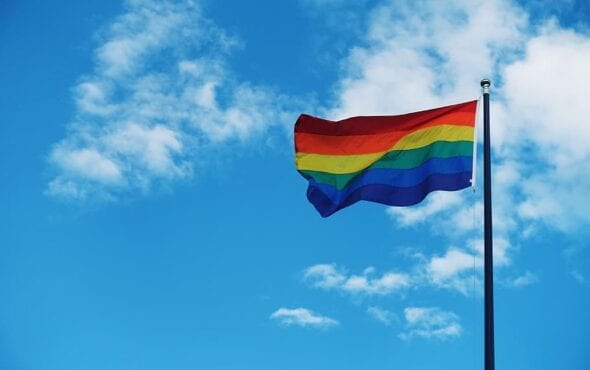
President Yoweri Museveni has refused to sign the country’s “Sexual Offenses Bill”, which passed Ugandan parliament last year.
On Tuesday (August 17), President Yoweri Museveni refused to give assent on the Sexual Offenses Bill, stating: “Many provisions are redundant and already provided for in other legislations.”
The Sexual Offenses Bill, introduced in 2015, seeks to “consolidate laws relating to sexual offences and provide procedural and evidential requirements during trial of sexual offences and proposes several measures to check among others, sexual harassment in schools by guardians or teachers.”
“I have received the Sexual Offences Bill 2021 for assent,” the letter read according to Monitor. “However, the Bill needs to be reviewed because there are several provisions of Act that are already provided for in the legislation,” Museveni wrote, referring to a raft of policies listed under “sexual offences”.
Deputy speaker Anita Among added: “The president has done so [returned] in respect with the Sexual Offences Bill.”
The aggressively anti-LGBTQ+ bill has faced a roadblock and has been sent back to the Parliamentary Committee on Legal Affairs for review “to address the redundancies.”
The Sexual Offences Bill was tabled in 2015 and strongly condemned by the United Nations’ human rights chief and the Human Rights Watch.
“The punishment for engaging in consensual same-sex relations has been reduced to 10 years in jail instead of life imprisonment, the fact remains that such relations are still criminalised,” a UN press briefing summarised.
“Stigma, discrimination and violence against people based on their sexual orientation and gender identity are already widespread in the country, and often committed with impunity given that victims are frequently too afraid to report any attack against them.
The statement also highlighted how the homophobic law would risk the safety of sexual minorities needing treatment.
Further imposing restrictive laws against the LGBTQ+ community further risks “undermining public health, leaving people afraid to come forward for essential testing and treatment, and so affecting critical HIV prevention and treatment efforts.”
While the rejection of the anti-LGBTQ+ bill may come as good news, Uganda continues to criminalise same-sex relations and is culturally against LGBTQ+ ideals.
OutRight Action International also notes “same-sex relations have been criminalized in Uganda since British colonial times in sections 145 on ‘unnatural offences’ and 148 on ‘indecent practices’ of the Penal Code, with a maximum sentence of life in prison foreseen. Clause 11 of the Sexual Offenses Bill further confirms this existing criminalization.”
Similar to Uganda, Ghana is also facing a potential anti-LGBTQ+ bill which has been criticised as “state-sponsored discrimination and violence” against sexual minorities.
The controversial bill, which has already been introduced in the Ghanaian Parliament, states that “any person who deviates from an arbitrary standard of sexual orientation or gender identity is immediately to be considered dangerous, sick or anti-social.”
Madrigal-Borloz and nine other U.N. human rights experts have continued to appeal to Ghana’s mission to the U.N. in Geneva, via a letter, to express the dangers the bill will present to LGBTQ+ communities in Ghana.
“We express our grave concern about the draft bill, which seems to establish a system of state-sponsored discrimination and violence against LGBTI persons of great magnitude. As such, the bill appears to constitute an immediate and fundamental breach of Ghana’s obligations under international human rights law,” said the letter, published August 9.
The letter continued: “We express our grave concern about the draft bill, which seems to establish a system of state-sponsored discrimination and violence against LGBTI persons of great magnitude.”
LGBT+ people face widespread persecution in the West African nation where gay sex is punishable with up to three years imprisonment. However, the newly considered bill would include a penalty of five years for being LGBTQ+ and 10 years for supporting LGBTQ+ rights.
In 2018, The Human Rights Watch issued a report that documented violence and discrimination against LGBTQ+ people in Ghana.
The report uncovered that homosexuality is banned under the Criminal Offences Act, however, the laws are believed to be a result of colonial legacy and are rarely enforced.



